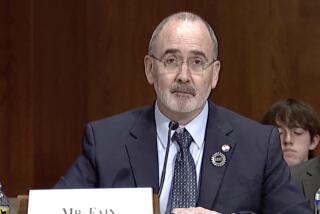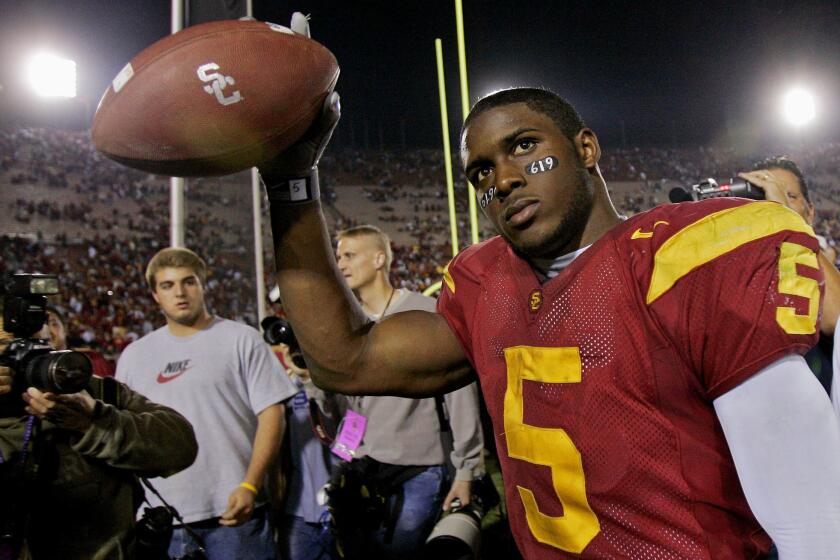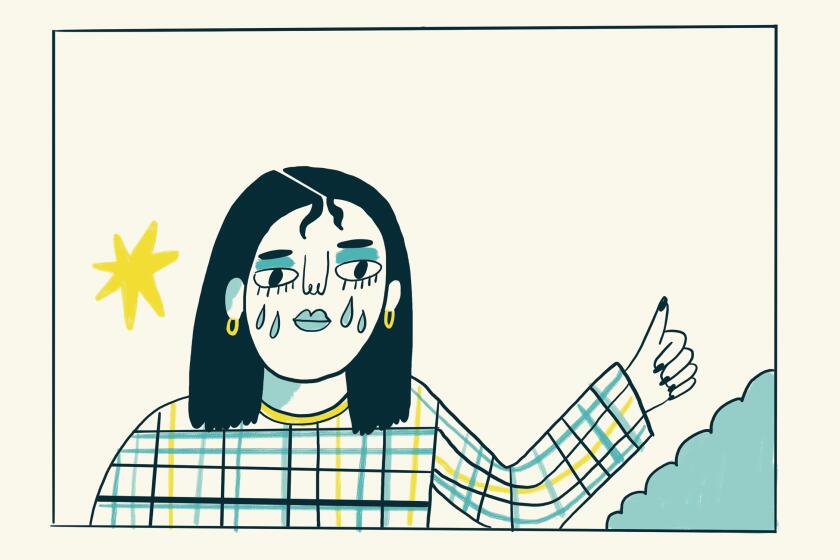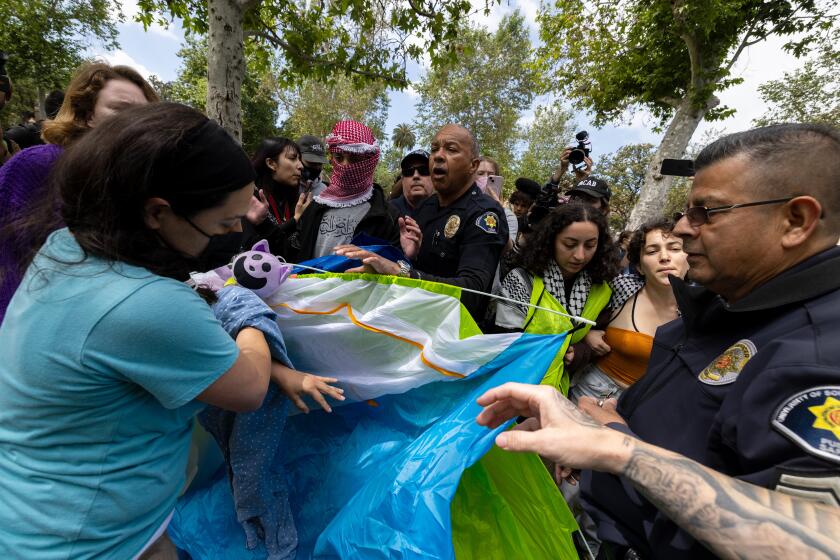Battleground Wisconsin
As students, teachers, nurses, firefighters, cops and snowplow drivers in Wisconsin continue to battle for their basic right to collective bargaining, one thing is growing clear: We are all working class now.
The term “working class” has long been used as a catchall for laborers who do some sort of physical work for their paychecks. Culturally, the term implied certain social trends as well: high school diplomas rather than advanced degrees, Wal-Mart rather than Whole Foods, Dodge pickups rather than Honda Accords.
But such thinking is outdated. As the American industrial sector deteriorates, as more Americans are saddled with worthless homes and mounting debts, as the cost of healthcare and education — which the government refuses to adequately subsidize — continues to skyrocket beyond the average family’s means, many more Americans are living paycheck to paycheck, a few months (or weeks) away from foreclosure and insolvency.
The IRS reports that middle-class wages have been stagnant, hovering around an average of $33,000 (adjusted for inflation) for the last two decades. Meanwhile, the cost of many basics, including housing, healthcare and fuel, goes up. The concept of upward mobility is collapsing, and it is the resulting total dependence on a paycheck for survival that makes one working class. And for most of us — professors and painters, poets and plumbers — that’s the hard reality of contemporary America.
We’re all scared; we’re all dependent; we’re all working class now.
The rights of union-organized public employees matter to all citizens. They matter because they set a standard of fair wages and benefits that the private sector must attempt to duplicate if it is going to compete for the most talented and dependable workers.
“Tea partyers” will tell you this goes against a free market system. But show me one American business that has not been developed partly through government investment in the economic infrastructure of the nation. Any business that uses the post office, a telephone, public libraries, the Internet or the interstate highway system in any way is government subsidized. Any business that hires workers who went to state universities on Pell grants and student loans is government subsidized. Any business that has the peace to conduct its commerce in safety thanks to our military, our police officers and our firefighters is also government subsidized.
We do not have a free market. We have American-style capitalism, which has always — at its best — sought to create opportunities for upward mobility and class equality, from the GI Bill to the Clean Water Act. That is the legacy that the protesters in Wisconsin are defending, and that is why so many workers are going to Madison to join them. It is the most patriotic display of citizenship we’ve seen in our country in many, many years.
Dean Bakopoulos is the author of the novels “Please Don’t Come Back from the Moon” and “My American Unhappiness.” A former state of Wisconsin employee and member of the TAA union, he is now a professor at Iowa State University of Science and Technology.
More to Read
A cure for the common opinion
Get thought-provoking perspectives with our weekly newsletter.
You may occasionally receive promotional content from the Los Angeles Times.






